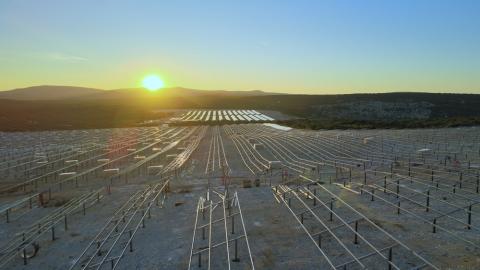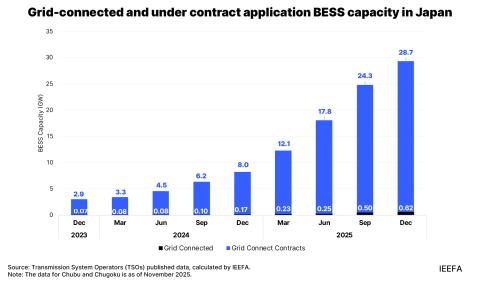Key Findings
ADB’s ambitious plan is to buy high emissions coal-fired power plants in Southeast Asia and retire them within 15 years.
ADB proposes an energy transition mechanism (ETM) focused on coal retirement. The purpose of any ETM is to facilitate a rapid transition away from high greenhouse gas (GHG) emissions as part of a global push toward a more sustainable environment.
One critical issue will be how much money would be needed to position an ETM program for success.
Executive Summary
The Asian Development Bank’s (ADB’s) recent promotion of funding for early retirement of high emissions coal-fired power plants in Southeast Asia sets the stage for a transformation of the Asian multilateral development bank’s (MDB’s) role in guiding power infrastructure development in the region. Until very recently, the Manila-based ADB has struggled to persuade funders to direct capital away from the fossil fuel power development plans favored by regional energy ministries and North Asia’s equipment suppliers.
The ADB’s advocacy of an energy transition mechanism (ETM) focused on coal retirement has the potential to be an innovative effort to match new sources of blended finance with high priority steps that Southeast Asian countries could take to decarbonize. The stakes are high for all concerned because implementation challenges could rob the ADB of credibility and block funding for other, high impact clean energy funding strategies. To analyse the prospects for this proposal, the ADB and regional stakeholders will need to think carefully about the details of the program and its ability to catalyse new funding flows that meet local needs. The following issues deserve careful attention:
- Is the ADB well-positioned to provide the right technical inputs and stewardship for the ETM?
- Can Southeast Asian markets meet the pre-conditions for success of an ETM: competitive pressure from stranding risk, transparent price discovery, and strong governance mechanism?
- How will the ETM address the challenge of coal lock-in Southeast Asia and the reliance on opaque power purchase agreements that have been a barrier to rapid transition?
- Are there other market-based strategies that would more efficiently unlock blended capital?
- Investors could be exposed to complex reputational risks via the ETM. Has the proposed program been stress-tested to address the challenges?
Please view full report PDF for references and sources.















